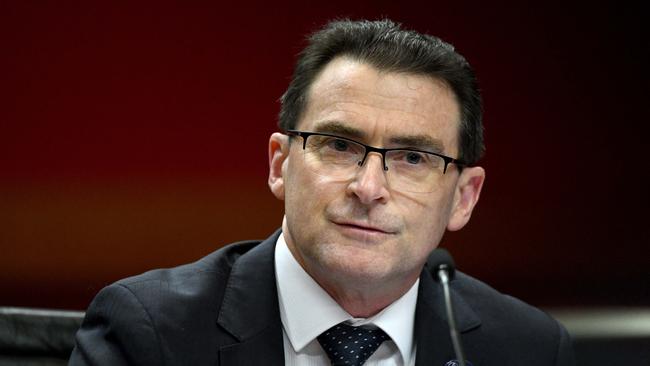GP exodus triggers crisis for regions
The health of rural communities and the mental health of frontline health workers is in crisis with the number of rural generalist GPs in NSW dropping dramatically in 10 years.

The number of generalist GPs in rural NSW has dropped from 800 to fewer than 200 in 10 years, with no hope of the number increasing.
The NSW Rural Doctors Network told a state parliamentary inquiry into the state of rural health and hospitals on Friday that of the 200 still working, more than half were hoping to retire soon, posing a threat to the future of healthcare in the bush.
A lack of doctors and nurses working in regional areas meant staff were often forced to work double shifts or scramble to call in extra staff in emergency situations. But it’s a self-fulfilling prophecy: the dire situation is making it difficult for rural hospitals to attract or retain staff, with junior doctors opting for specialist training programs in metropolitan hospitals compounding the problem.
NSW Rural Doctors Association president Charles Evill told the inquiry that every rural doctor has “imposter syndrome”.
“That is that I feel inadequate,” Dr Evill said. “Any time I am going to a job, I’m thinking about what happens if something goes wrong that I don’t know what to do with.
“It’s a common story that people have found themselves in a particular situation, not felt supported, battled and battled to try and get what they feel needs to be done and eventually said it‘s too hard and given up.”
When asked why he persists in his job, Dr Evill said “because if I’m not there, that’s the best they’re going to get”.
NSW Nurses and Midwives’ Association general secretary Brett Holmes said that the lack of doctors in regional areas meant nurses were increasingly reliant on telehealth services when providing care for their patients.



To join the conversation, please log in. Don't have an account? Register
Join the conversation, you are commenting as Logout